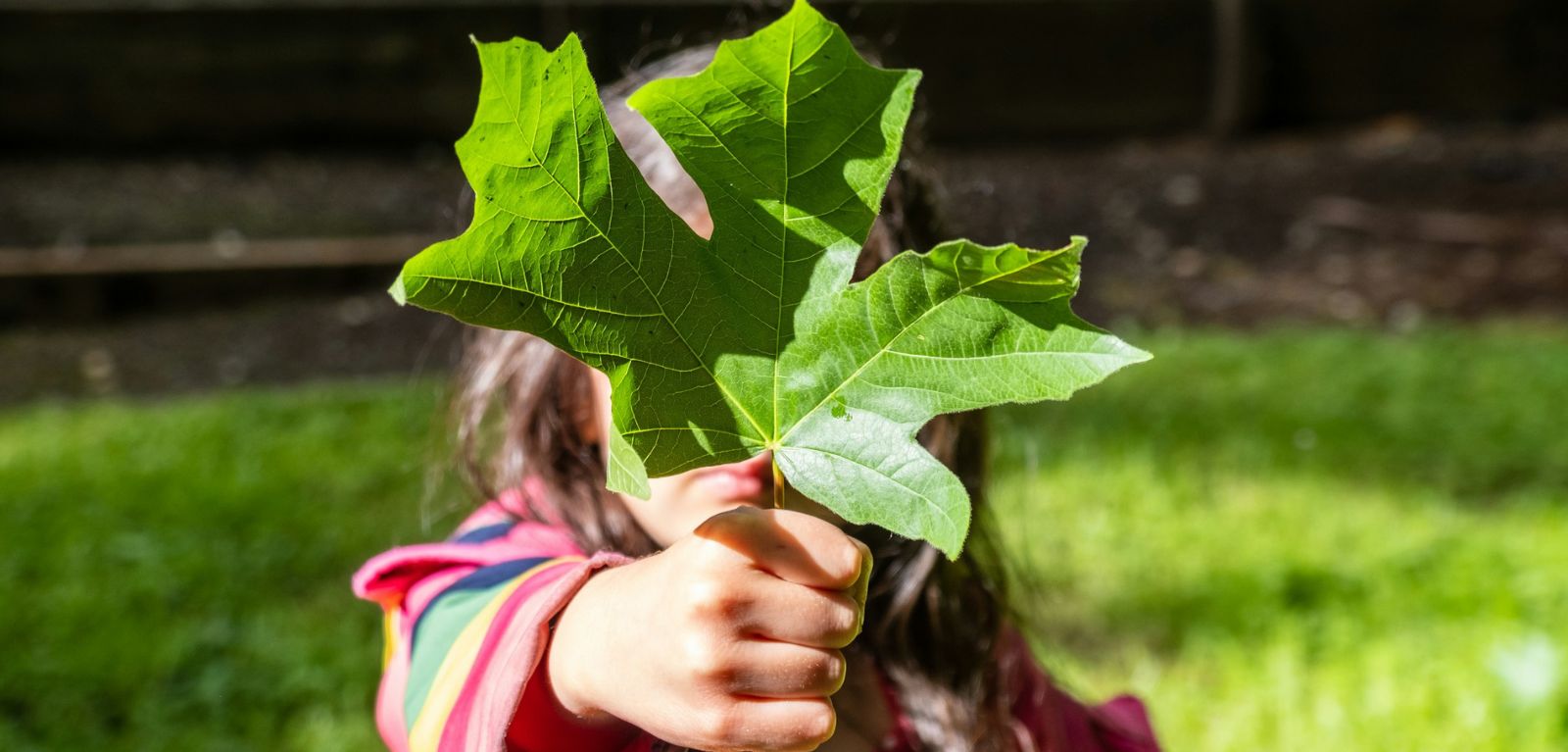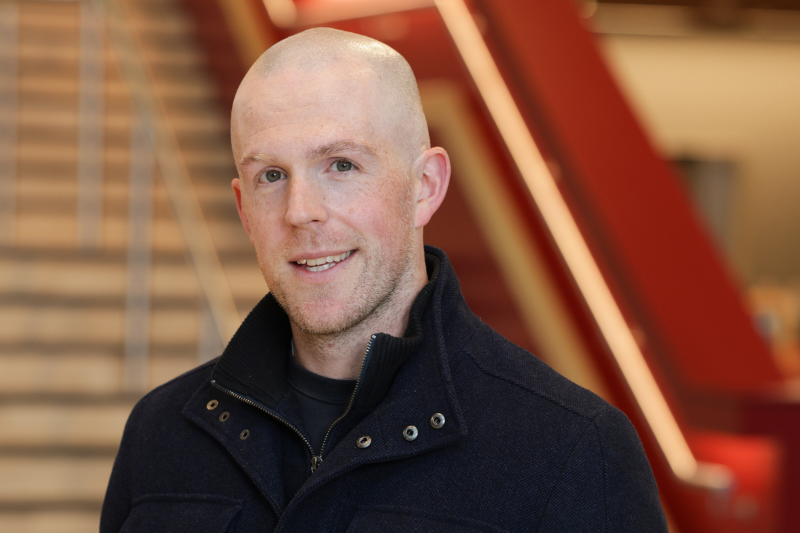‘Excellent air, water & land quality’ most important to children and young people, survey finds
Research survey reveals that ‘excellent air, water & land quality’ was the most important environmental goal to children and young people in Northern Ireland (NI), with tackling climate change surprisingly their least important goal.

The findings come from the 2025 Kids’ Life and Times (KLT) and Young Life and Times (YLT) surveys, run by ARK, Northern Ireland’s social policy hub based jointly at Queen’s and Ulster University.
The research update, written by Dr Jonny Hanson from Queen’s, considered the personal environmental goals of children (aged 10/11 years) and young people (aged 16 years), and assessed their opinion on the six strategic outcomes of the NI Environmental Improvement Plan.
When asked about their personal environmental goals, ‘clean’ and ‘green’ were the most frequently mentioned words used by the participants in the surveys.
Dr Jonny Hanson, Research Fellow & ARK Assistant Survey Manager from the School of Social Sciences, Education and Social Work at Queen’s said: “Today’s children and teenagers will be living and dealing with the consequences of environmental action or inaction for longer than most adults, so their attitudes to the goals set to safeguard their environmental future are vitally important.
“The fact that clean air, water and land mattered more as a goal to young people than tackling climate change may indicate that climate change is still seen as a distant rather than local problem. More needs to be done to show everyone in Northern Ireland that addressing climate change is something for all of us, here and now.”
In both surveys, females and those from more affluent households almost always considered the six NI Environmental Improvement Plan goals as more important than males or those from less well-off households.
When considering six pro-environmental behaviours, 16-year-olds were most likely to consider buying less single-use plastic but were least likely to consider reducing meat consumption. Males and those from less affluent households, were less likely to consider implementing these actions.
Dr Hanson added: “Whether at the institutional or individual level, the challenge is to turn aspiration into implementation, so that the clean and green environmental vision of children and young people in Northern Ireland is turned into a reality available to everyone.”
The full results and research update are available here: https://www.ark.ac.uk/ARK/sites/default/files/2025-09/RU164.pdf
Featured Expert

Media
Media enquiries to Zara McBrearty at Queen’s Communications Office on email: z.mcbrearty@qub.ac.uk or Mob: 07795676858